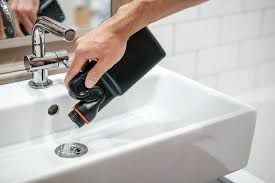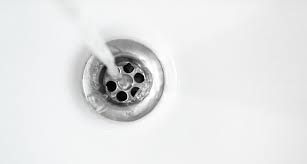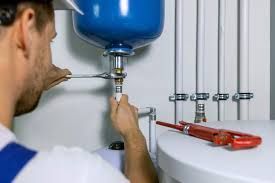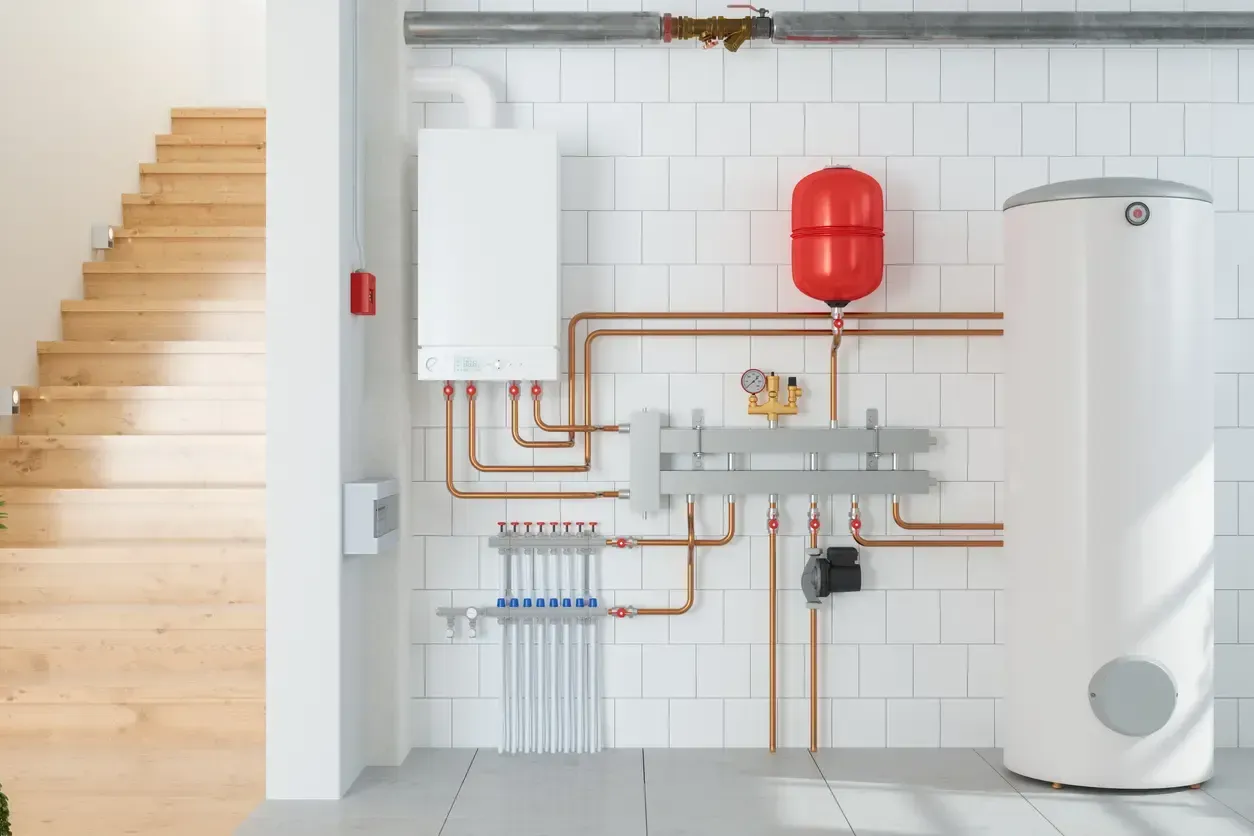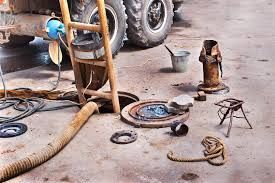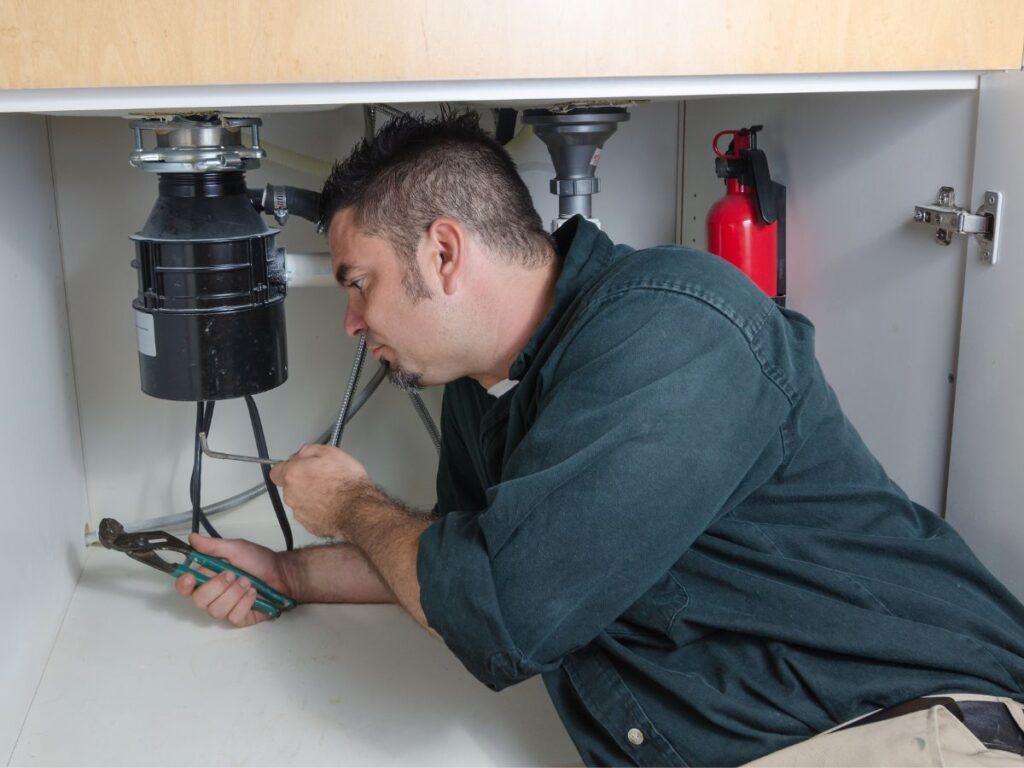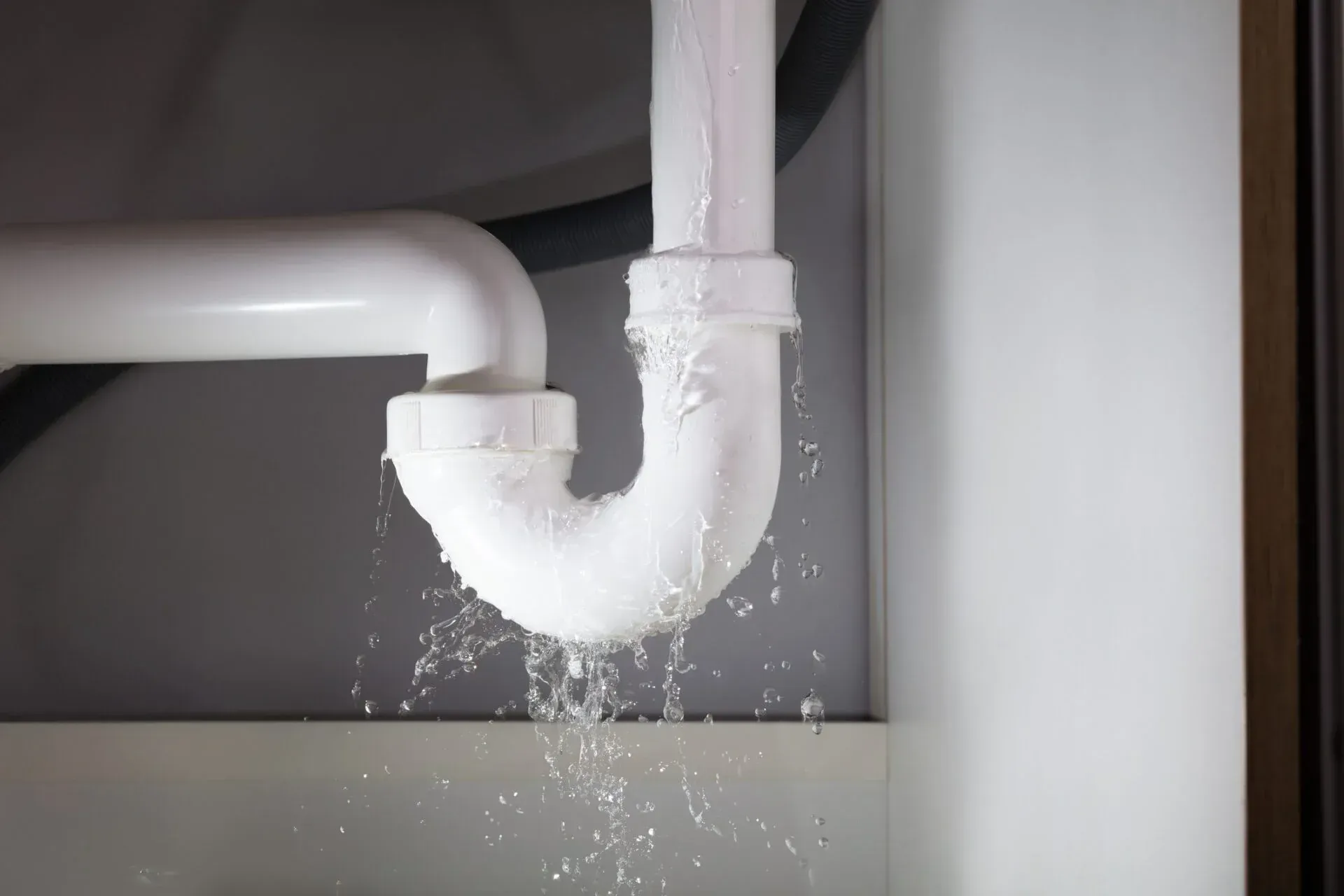Water Leaking Through Concrete: Here’s What You Should Do
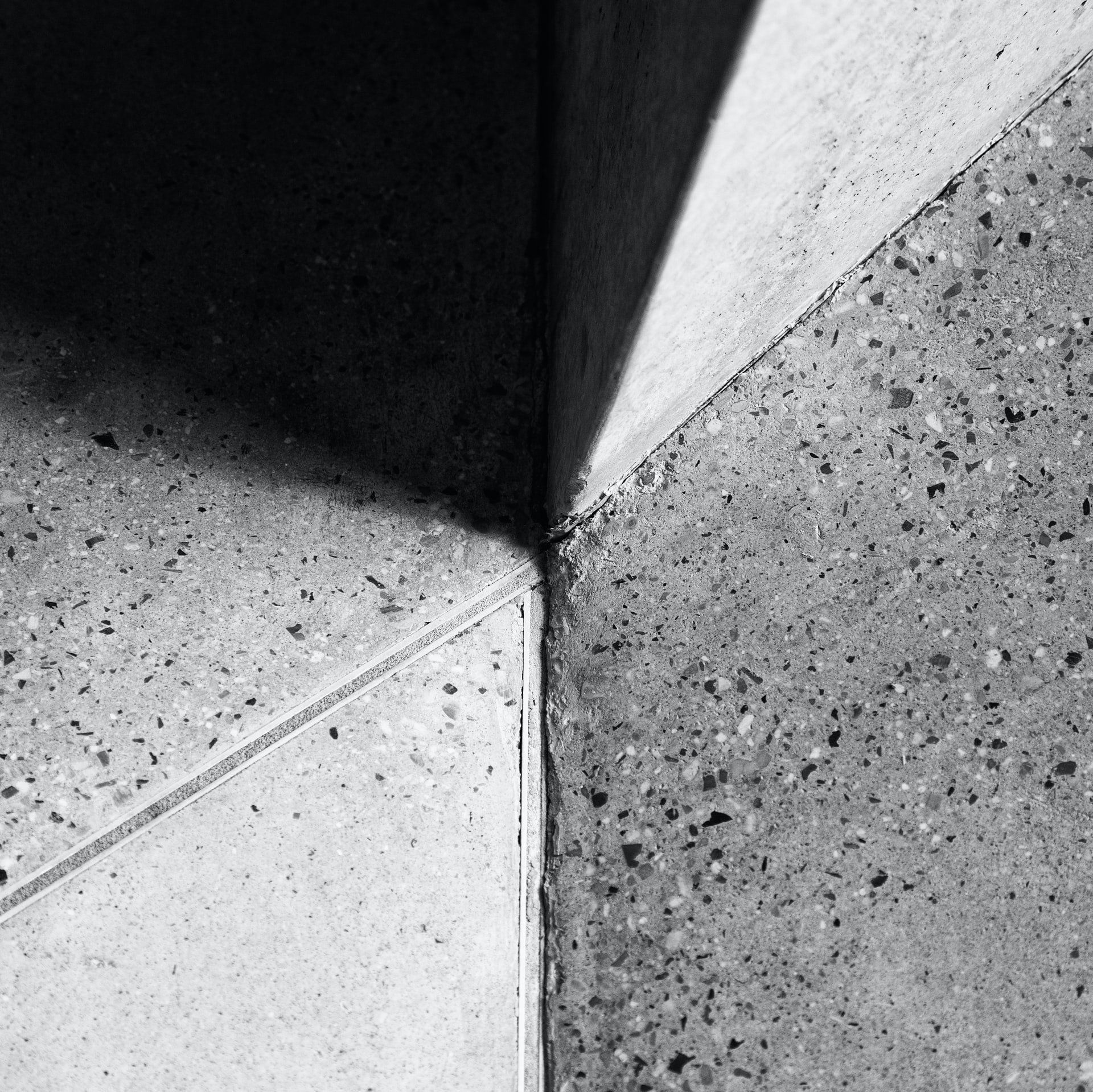
When looking for plumbing leaks, most homeowners look at drainage systems and plumbing fixtures. Since these are most common around bathroom and kitchen spaces, homeowners typically inspect these areas for a routine check-up. However, some signs of plumbing concerns won’t always be as obvious as others.
Understanding The Cause of Concrete Floor Leaks
Most people notice plumbing leaks through darkening walls or bloated ceilings. However, water damage can also manifest through concrete slabs. While concrete doesn’t deteriorate as fast as wood or laminate, it can still allow water to seep through from it.
A wide range of factors contributes to slab leakage, which can be internal or external in nature. Additionally, poor installation of concrete floor insulation can also contribute to slab leakage. Thankfully, there are manageable responses to internal and external concrete floor leaks.
Repairing Internal Causes of Concrete Floor Leaks
Internal leaks are harder to resolve since the source of water damage comes from pipelines and plumbing systems within walls or underneath floors. Additionally, concrete floor leaks only appear once considerable damage has already reached the surface. This is because underground pipes can degrade, corrode, and crack from various causes.
Internal pipeline leaks can come from natural causes like intrusive roots from surrounding trees. While most homes are laden with more durable pipes, older homes’ plumbing systems are more fragile and susceptible to plumbing damage. For this reason, older properties are more at risk of concrete leakages.
Identifying the exact location of underground leaks is vital to fix your leakage problems. After all, you wouldn’t want to break a part of your concrete in the wrong place. For this reason, it’s best to use slab leak detection equipment. You’ll also need tools like jackhammers, sledgehammers, and a mallet to excavate concrete from these leaks.
While a hacksaw and tubing cutter is easy to use on your pipes, handling excavating equipment is a different issue. Keep in mind that using heavy-duty tools will be dangerous without proper training. For this reason, it’s advisable to use manual tools if you don’t have experience with excavating equipment.
Repairing External Causes of Concrete Floor Leaks
Unlike internal concrete floor leaks, external issues are considerably easier to manage. In fact, If your slab leak problems aren’t too severe, you may apply a simple solution. Standard waterproofing of your concrete may be enough to prevent leaks. However, it’s important to check if your walls and slabs have sustained considerable wear and tear over time.
If your walls have deep cracks from structural damage or, you may need to perform repairs to your home’s foundation first. Doing so gives you an overview of your wall’s condition to a fuller extent.
Leaks from external factors may come from damage around your waterlog, which is why it’s necessary to have proper drainage systems. For example, you can implement a French Drainage system from a waterlogged site to a drainage basin. Doing so will siphon excess water around your other walls. This is an effective solution to prevent slab leakage from a wetland, as long as your drainage channel is free from blockages.
Conclusion
Before your plumbing problems get too out of hand, it’s vital to spot any potential signs of leaks and other complications. The sooner you detect these issues, the greater your chance of avoiding major plumbing renovations. If you’re unsure about your plumbing’s condition, it’s best to consult professionals to inspect your property’s different fixtures.
Managing your plumbing concerns is a delicate issue which requires a professional touch. At All City Plumbers, our plumbing experts can make fast and efficient decisions for your unique plumbing situation. If you need professional water leak repair in Birmingham, AL, contact us today.
